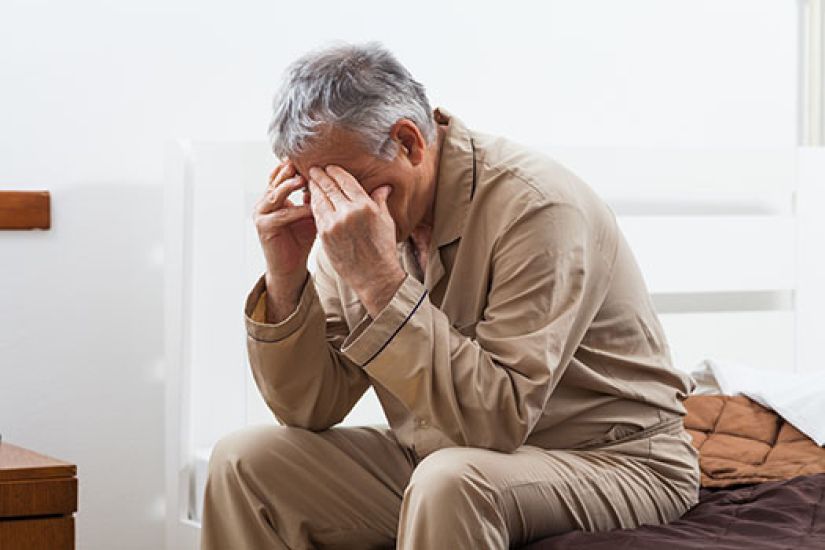
What if My Parent Suddenly Experiences a Severe Stroke?
A stroke can happen suddenly, and the damage could be minor, major, or severe. Your elderly loved one must receive medical attention as quickly as possible. The way you handle the situation could determine whether your loved one has a speedy recovery or a difficult time restoring balance to his or her life. Below are some of the ways family carers can manage a sudden and severe stroke and steps to take to prevent a recurrent stroke.
Symptoms of an Acute Attack
An acute stroke starts suddenly, and it worsens over time. The symptoms can progress at a fast pace and increase or decrease depending on the severity of the stroke. It the attack reaches its maximum effect, it’s generally a severe and life-threatening stroke. You need to understand the causes of an acute stroke and the symptoms associated with this type of brain attack. Being aware of the condition allows you to properly manage your loved one’s health and prevent the sudden stroke from worsening.
Some of the symptoms of an acute stroke are:
• Loss of balance
• Vomiting
• Vision loss
• Numbness on one side of the body
• Severe headaches
• Stiff neck or face
• Pain between the eyes
Act Immediately
When you notice your loved one experiencing any of the symptoms mentioned above, you need to act immediately and seek urgent medical attention. Medical providers can conduct a neurological examination to determine the cause of the stroke. The exams also help them develop a proper treatment plan. You should never ignore the symptoms of an acute stroke or try to diagnose the condition yourself. A sudden and severe stroke can be less challenging to manage when it’s rapidly diagnosed and treatment is administered within the first few hours after the early symptoms appear.
Caring for a senior loved one can be challenging for families who don’t have expertise or professional training in home care, but this challenge doesn’t have to be faced alone. Family carers can turn to Sydney Home Care Assistance for the help they need. We provide high-quality live-in and respite care as well as comprehensive Alzheimer’s, dementia, stroke, and Parkinson’s care.
The Recovery Process
Once your loved one has received treatment for the stroke, your family can help him or her manage recovery by developing a care plan and following through with your duties. The recovery process for an acute stroke could take time, and it requires much optimism. Recovery from a severe stroke can take up to two years or more. However, seniors generally experience the most significant gains during the first three to four months following the attack. Your family should set realistic goals and develop strategies that help your loved one manage the positive and negative aspects of the post-stroke programs recommended by his or her medical providers. Some of the therapies to consider include mirror therapy and electrical therapy.
Recovering from a stroke, managing the symptoms of Alzheimer’s, and a variety of other health-related situations can make it difficult for a senior to continue living at home without someone there to help. Sydney, NSW, live-in care professionals are trained to help seniors who need 24/7 assistance. With the help of a live-in care worker, your elderly loved one can maintain a higher quality of life while ageing in place.
Prevention Tips
A large number of seniors who experience acute strokes often experience recurrent strokes during their recovery. Making healthy lifestyle choices could restore your loved one’s language and communication skills and many of his or her cognitive abilities. He or she should exercise each day to treat balance and coordination issues and lower stress. If you suspect your loved one is having another sudden stroke, remember to act fast and call emergency services.
Seniors can face a variety of age-related challenges. Though some families choose to take on the caring duties, there may come a time when they need a trusted elder care provider. Families sometimes need respite from their duties so they can focus on their other responsibilities, and some seniors need around-the-clock assistance that their families are not able to provide. Home Care Assistance is here to help. If your loved one needs help with the challenges of ageing, call one of our compassionate Care Managers today at [hca_phone].